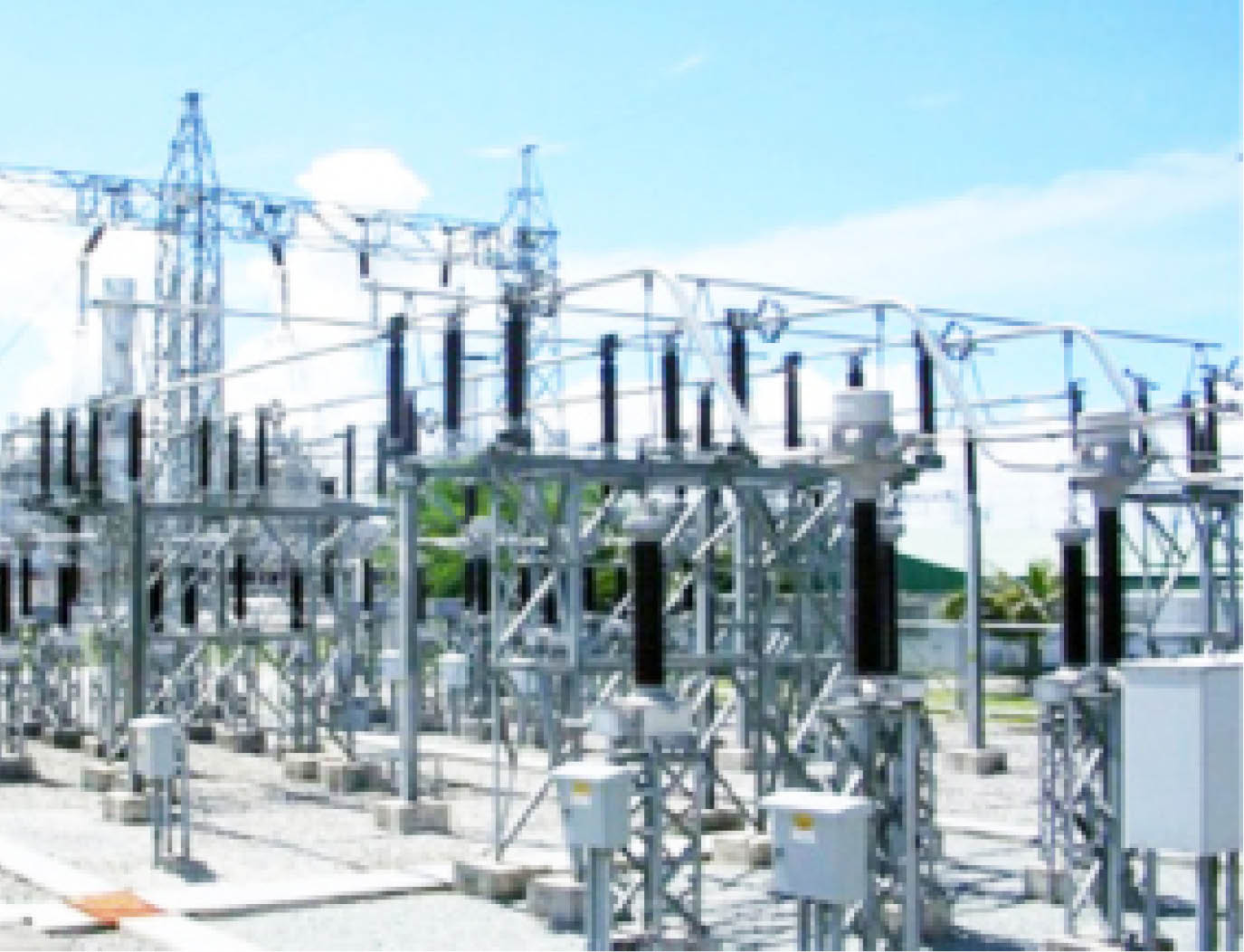By Abdullahi Umar
The rigmarole of policies in the Nigerian power sector now signals a time for caution and reflection prior to taking the next bold step, especially as a new minister of Power takes the saddle in the nation’s critical economic sector.
A reflection down memory lane brings to bear the many pitfalls that could have been avoided but was hurriedly fallen into in the past. For instance, many stakeholders agree that the declaration of the Transitional Electricity Market (TEM) in February 2015 was too ambitious and premature; what should have been was a phased transition into TEM or at the minimum a testing of the market prior to full declaration of TEM.
The errors of such declaration have continued to plague the power sector with a heightened liquidity crisis in 2016 and 2017 that saw a drastic decline of the revenue flow in the sector, Distribution Companies (DisCos) remittance went from 70% to a sharp decline averaging about 28% – 30% for that period.
The conditions precedent were not all attained, when the Nigerian Electricity Regulatory Commission (NERC) declared TEM and allowed trading to commence; it is the reason why we have sounded the alarm on the intentions of the regulator to declare the medium term electricity market.
We have yet found ourselves at a critical phase in the power sector where certain decisions need to be reviewed, or better yet, the entire power sector needs to be reviewed. One of such policies is the Eligible Customer (EC) Policy which was declared in 2017 by the former minister of Power, Works and Housing (Barr. Babatunde Fashola) to improve market liquidity.
On May 15, 2017, Fashola declared the eligible customer in the Nigerian Electricity Supply Industry (NESI). This declaration permits electricity customers to buy power directly from the Generation Companies (GenCos) or trading licensee other than the DisCos, in line with Section 27 of the Electric Power Sector Reform Act 2005.
NERC on November 7, 2017 released the Eligible Customer Regulations 2017. The primary focus of the EC Regulation is to create a framework for the utilization of excess capacity over and above the contracted portfolio of the Nigerian Bulk Electricity Trading Plc (NBET) for the economic benefit of the NESI. Thus, allowing generation companies with uncontracted capacity to access unserved and underserved customers which will improve the financial liquidity and viability of the electricity industry.
The liquidity challenge in the sector must be reviewed from all angles and the best solution put forward to develop the NESI, it is important that no segment of the value chain is left at a disadvantage. A centralized collection of the financial flow of the sector is critical, we had envisaged that with the track record of the N701.9 billion successfully implemented by the NBET, the agency would have been the first option in managing eligible customers and also international customers.
The past four years of implementing the EC regulation has further exacerbated issues in the NESI rather than provide solutions. Not only has the implementation been lopsided, it has also led to high cost of power to residential users. We have seen the average cost of power rise from N16 in 2015 to N29 in 2021 due to multiple factors, including the EC implementation.
It seems the NESI has become very distracted from its mantra of ensuring access to affordable and quality power for consumers because with the implementation of the EC that saw many of the cheapest generators of power (hydro) exiting the national pool and pursuing direct bilateral contracts with large demand customers has led to increased financial burden on the grid and high cost of power for residential customer.
Recall that GenCos are only allowed to sell excess capacity outside of the contractual capacity with NBET, however, that has not been the case. The misalignment in infrastructure in the sector must be effectively addressed – let us have valid, real time and tested data across the value chain.
The role of the new minister of Power, Mr. Abubakar Aliyu, is well cut out already. There is need to increase sanity in the sector especially with the multiple conflicting policies. The minister must ensure all conditions precedent are effectively put in place prior to implementing the EC policy or any other policy at all.
We must validate claims of excess capacity by the generating companies and the TCN. A sector-wide audit of infrastructure and capabilities must be put in place; we have to move away from making careless claims and counter-claims via the media aimed at misleading policy makers for self-serving purposes to a state of factual evidence.
The market has stayed too long in the transitional phase; nonetheless it is premature to talk about the Medium Term Market at this time or the activation of contracts. The federal government has continued to pick the slack for the burgeoning debt in the sector causing it trillions of naira in intervention. At some point, the Central Bank of Nigeria had to step in with the creation of private credit loan arrangement to the DisCos via Meristerm Nigeria Limited, which they use in making payments to NBET in compliance with the Minimum Remittance Order issued by NERC. The functions of Meristerm in the NESI is yet to be understood as its transactions are shielded away from the public. What we know for now is that the CBN loan is routed via Meristerm (a private company) and in turn Meristerm earns commission for administering the loan.
The new minister of Power will need to review the functions of Meristerm in line with the EPSRA, and assess its benefits to the system and long-term sustainability of the NESI.
There are multiple issues to be addressed by the new minister of Power. However, my candid advice is that he takes his time to understand the various policies that are being pushed forward by different parties and see through their intentions. We must not make the same mistake of 2015 and 2017.
The Nigerian electricity market is a rules-based market where the participants are expected to engage with each other, based on a defined set of rules. The minister may please ensure that these rules, which were crafted in the wisdom of the experts that envisioned a viable electricity market, are adhered to and not administered flippantly for the advantage of a few.
Abdullahi Umar is a power sector analyst and the Managing Director/CEO, Target Energy Ltd, Abuja.

 Join Daily Trust WhatsApp Community For Quick Access To News and Happenings Around You.
Join Daily Trust WhatsApp Community For Quick Access To News and Happenings Around You.


